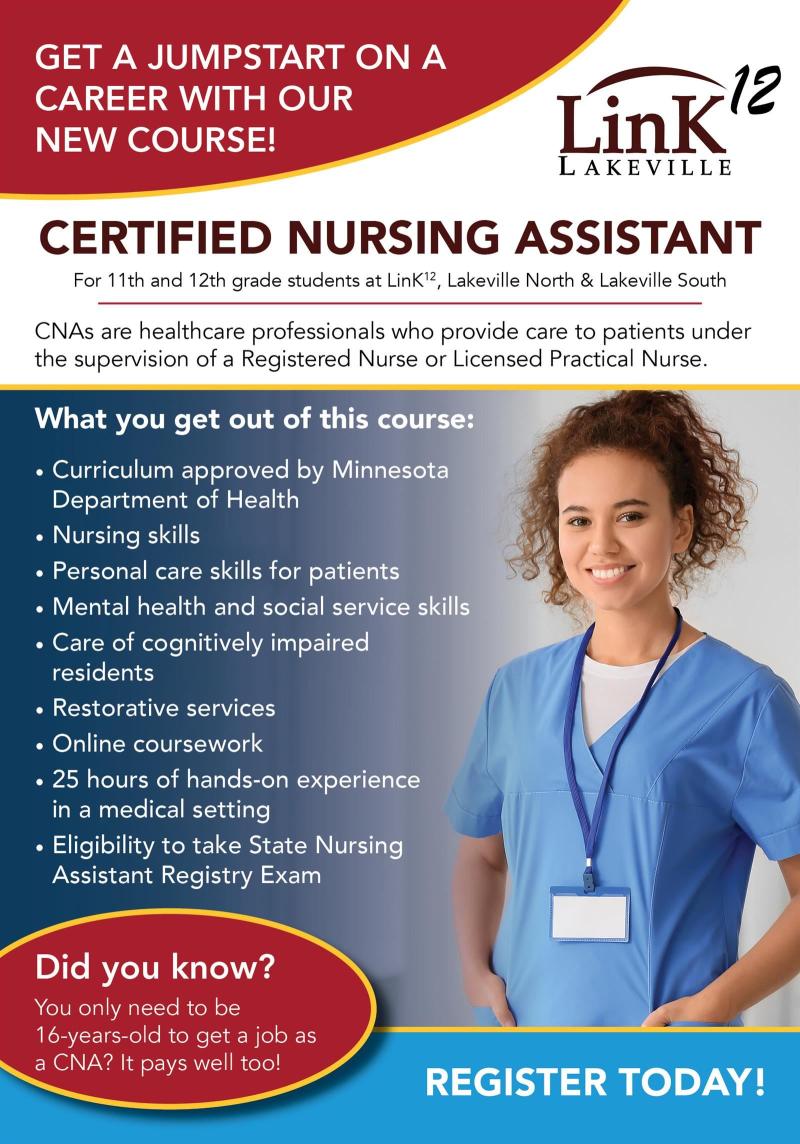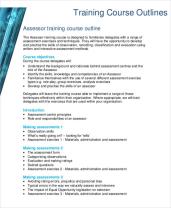What are the CEU courses required for CNAS?
The specific Continuing Education Unit (CEU) courses required for Certified Nursing Assistants (CNAs) can vary by state and are subject to change based on regulatory updates. However, there are common topics that are often covered in CNA continuing education to ensure that nursing assistants stay current with best practices and maintain their skills. Here are some common CEU course topics for CNAs:
Infection Control:
- Proper techniques for preventing the spread of infections in healthcare settings.
Patient Safety:
- Strategies and protocols for ensuring patient safety and minimizing risks.
Ethics and Professionalism:
- Discussions on ethical considerations in healthcare, maintaining professionalism, and respecting patient rights.
Communication Skills:
- Effective communication with patients, families, and healthcare team members.
Dementia Care:
- Understanding and addressing the needs of patients with dementia and related conditions.
End-of-Life Care:
- Palliative care, comfort measures, and providing support to patients and families during end-of-life situations.
Mental Health Awareness:
- Recognizing signs of mental health issues and appropriate responses.
Nutrition and Hydration:
- Proper nutrition and hydration for patients, including those with special dietary needs.
Chronic Disease Management:
- Understanding and assisting with the care of patients with chronic conditions such as diabetes, hypertension, and respiratory disorders.
Pain Management:
- Strategies for assessing and managing pain in patients.
CPR and Basic Life Support (BLS):
- Updates on CPR techniques and BLS skills to respond to emergencies.
Legal and Regulatory Compliance:
- Review of state and federal regulations, as well as legal aspects of nursing practice.
Cultural Competence:
- Understanding and respecting diverse cultural backgrounds and their impact on healthcare.
Documentation and Record Keeping:
- Proper documentation practices and maintaining accurate patient records.
Preventing Elder Abuse:
- Recognizing and preventing elder abuse, neglect, and exploitation.
CNAs are typically required to complete a certain number of CEUs within a specific timeframe to renew their certification. The exact requirements and accepted courses vary by state, so it's essential for CNAs to check with their state's nursing board or regulatory agency for the most accurate and up-to-date information. Many CEU courses are offered through accredited educational institutions, online platforms, and healthcare organizations.
What CEU courses are mandatory for CNAs (Certified Nursing Assistants)?
- A poem:
The wind blows through the trees,The leaves dance in the breeze,The sun shines down on the land,And the birds sing in the sand.
- A story:
Once upon a time, there was a young woman named Alice who lived in a small town. She was a kind and gentle soul, but she was also very shy. One day, Alice was walking through the woods when she came across a strange hole. She peered down the hole and saw a long, winding tunnel. Alice was curious, so she decided to climb down the hole.
Alice fell for a long time, and when she finally landed, she found herself in a strange and wonderful world. She met all sorts of interesting creatures, including a talking rabbit, a mad hatter, and a Cheshire cat. Alice had many adventures in Wonderland, and she learned a lot about herself along the way.
- An essay:
The importance of education is often overlooked. However, education is essential for a successful and fulfilling life. Education can help people develop their skills, knowledge, and understanding of the world around them. It can also help people to become more critical thinkers and problem solvers.
There are many benefits to education. Education can help people to get better jobs. In fact, studies have shown that people with higher levels of education earn more money than those with lower levels of education. Education can also help people to be more healthy. Studies have shown that people with higher levels of education are more likely to live longer and healthier lives.
Education can also help people to be more civically engaged. People with higher levels of education are more likely to vote, volunteer, and participate in other forms of civic engagement. This is important because it helps to create a more informed and engaged citizenry.
In conclusion, education is essential for a successful and fulfilling life. It can help people to develop their skills, knowledge, understanding of the world, critical thinking, problem solving, get better jobs, be more healthy, and be more civically engaged.













